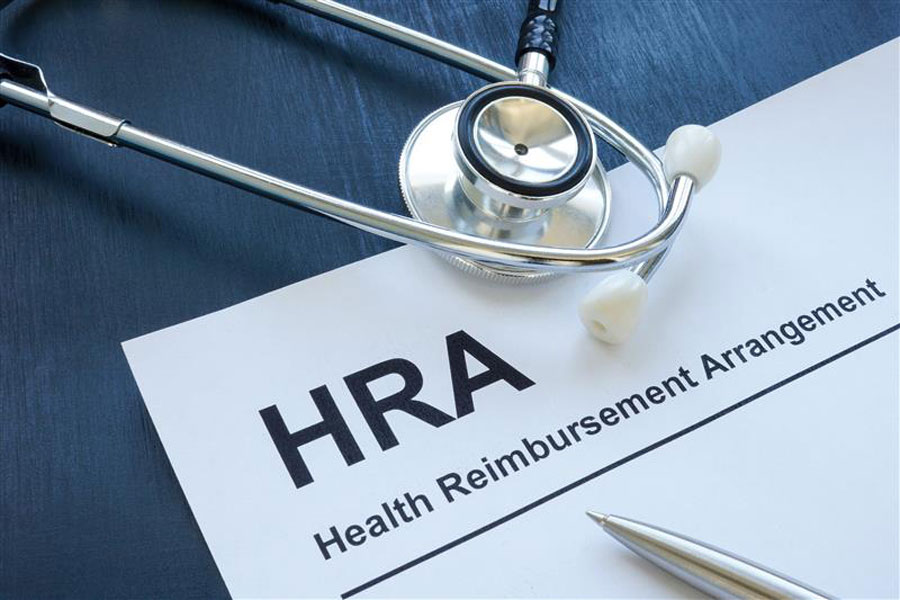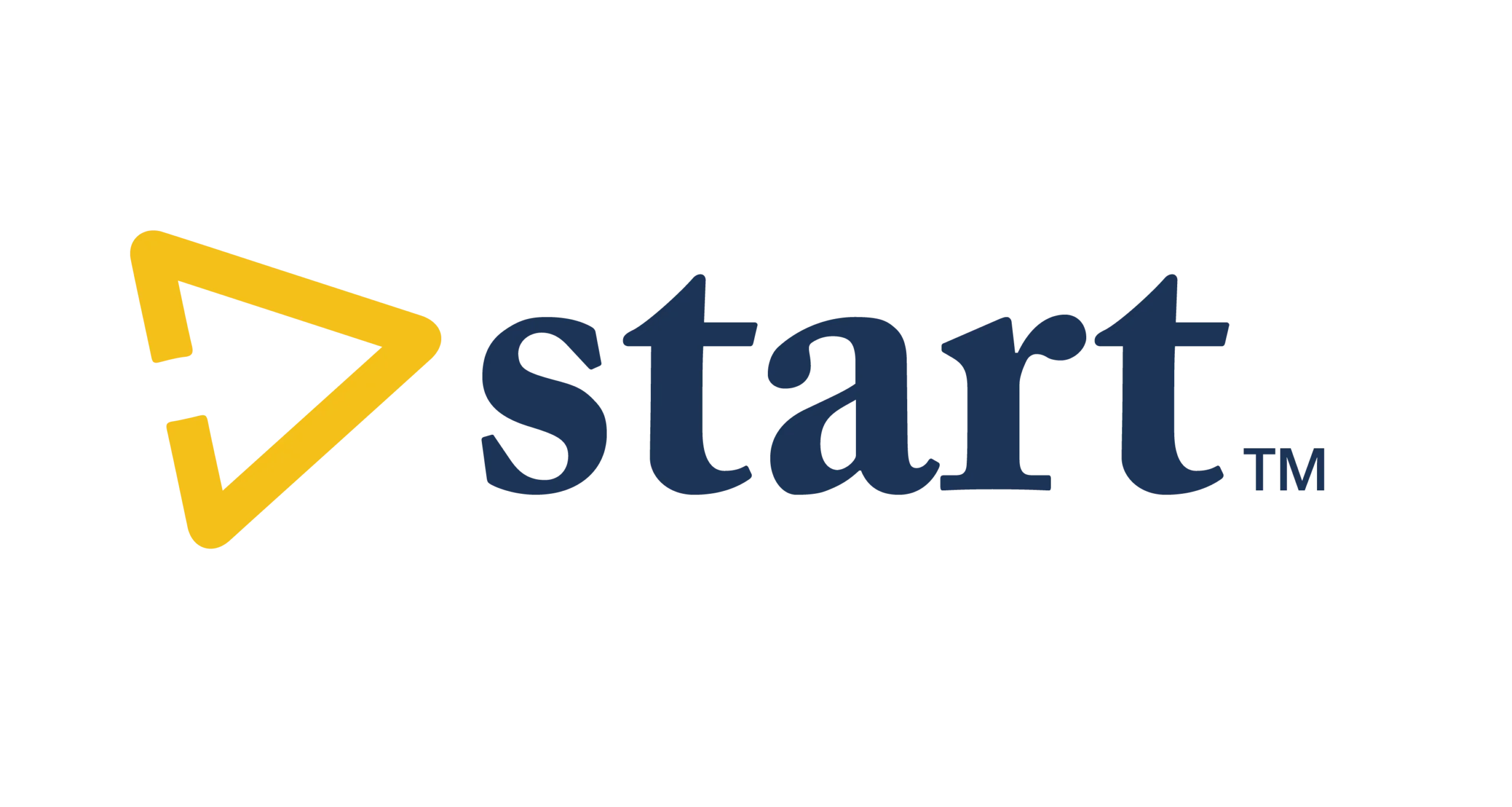
A Health Reimbursement Arrangement (HRA) is a type of employer-sponsored benefit plan that helps employees pay for qualified medical expenses. HRAs are funded solely by the employer, and they provide employees with a tax-advantaged way to cover healthcare costs not covered by their health insurance plans.
How a Health Reimbursement Arrangement (HRA) typically works:
- Employer Funding: The employer contributes a specific amount of money to the HRA on behalf of each eligible employee. This amount is typically determined by the employer and can vary based on the company’s policies.
- Qualified Expenses: Employees can use the funds in their HRA to reimburse themselves for qualified medical expenses. These expenses can include deductibles, copayments, prescription drugs, dental and vision care, and other eligible healthcare costs. The IRS provides guidelines on what expenses are considered qualified.
- Tax Benefits: The contributions made by the employer to the HRA are tax-deductible for the employer, and the reimbursements to employees are typically tax-free. This means that employees do not pay income tax on the money they receive from their HRA for eligible medical expenses.
- Employer Control: Employers have control over the design and administration of the HRA. They can specify which expenses are eligible for reimbursement, set contribution limits, and determine whether unused funds can roll over to the next year.
- No Portable Benefits: Unlike some other health benefit accounts like Health Savings Accounts (HSAs) or Flexible Spending Accounts (FSAs), HRAs are not portable. When an employee leaves their job, they generally cannot take the HRA funds with them. However, some employers may offer options like converting the HRA to an individual health insurance plan.
There are different types of HRAs, including:
- Integrated HRA: This is typically paired with a group health insurance plan. The HRA reimburses employees for out-of-pocket costs related to their health insurance plan.
- Qualified Small Employer HRA (QSEHRA): This is designed for small businesses and allows them to reimburse employees for individual health insurance premiums and qualified medical expenses.
- Individual Coverage HRA (ICHRA): This HRA allows employers of all sizes to offer employees funds to purchase their own individual health insurance coverage.
- Excepted Benefit HRA: This type of HRA provides limited benefits, typically for things like dental and vision expenses, and is often offered alongside other health coverage options.
The rules and regulations surrounding HRAs can change, so it’s essential for both employers and employees to stay informed about current laws and guidelines. Employees should also consult with their HR departments or benefits administrators to understand the specific details of their HRA plan and how to use it effectively
What to do with ICHRA
We know that choosing and purchasing your own individual health insurance coverage can be tricky. We want to make the process as seamless as possible, which is why we created Start. At Start Health we not only help lower the cost of your monthly premium, but we also: cut out networks (so you can see any doctor you’d like), provide an HSA option, and have a great customer support team to answer all your questions. To learn more about how Start has the answers you’ve been looking for, click here. Get a quote today and see how we can help you save.
Sources:
Investopedia
